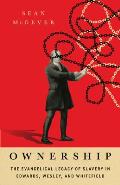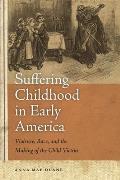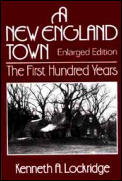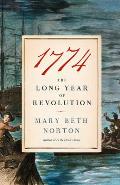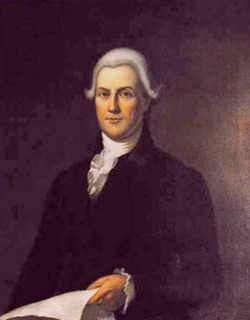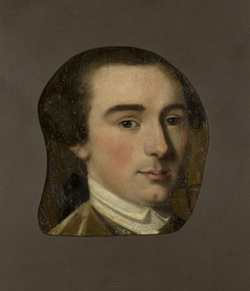“Others destined to inhabit the lower rungs of society as servants”
McGever highlights:
…the deeply hierarchical view of the world held by [Jonathan] Edwards, [John] Wesley, [George] Whitefield, and their evangelical contemporaries. From their perspective, just as God ordains some to be princes and governors, so too are others destined to inhabit the lower rungs of society as servants, laborers, and even slaves.The book discusses how Whitefield promoted importing enslaved Africans as a solution for Georgia’s labor problems. Edwards wrote little on slavery for public consumption but defended and practiced it privately. As for the last of these prominent evangelists:
Slavery, therefore, was believed to be ordained by God and, in the words of Puritan clergyman William Gouge, such an understanding was “clearly and plentifully noted in the Scripture, that any one who is any whit acquainted therewith may know them to be so.”
While such views seem counterintuitive to our modern-day egalitarian norms, McGever adeptly explains why 18th-century evangelicals would have perceived our anti-hierarchical tendencies as nothing but a “hellish confusion” to borrow a description from the Puritan theologian John Owen.
Despite their divinely ordered view of the world, 18th-century evangelicals, following their theological ancestors, acknowledged that slavery was a sinful product of the fall. The question for most Christian thinkers was not whether slavery was biblical, but rather how it could be practiced biblically.
Later in life, Wesley felt compelled to speak out as the abolitionist movement, driven primarily by Quakers in the 1770s, gained momentum. Readers might be surprised at how little Scripture he used in his shift to opposing slavery, favoring instead ideas drawn from natural law and reasoning. McGever…theorizes that Wesley would never have adopted his abolitionist stance had he been raised in America or even just spent more time there, arguing for the essential contingency of many deeply held beliefs.

